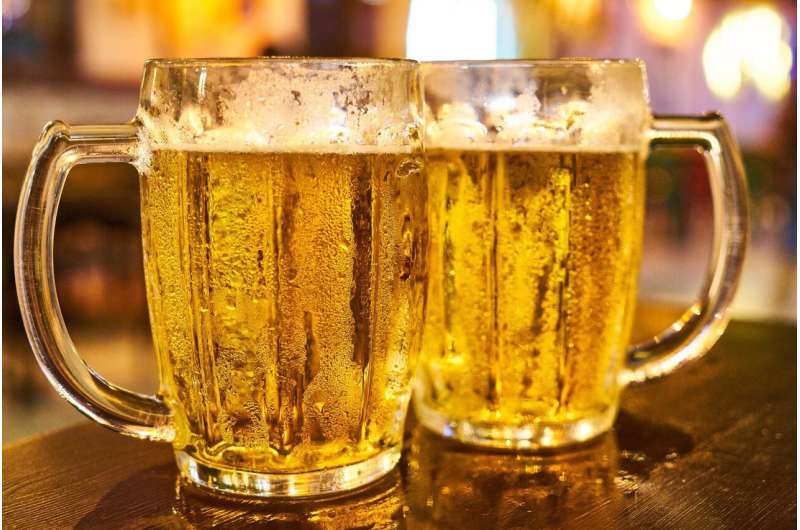Rising Popularity of Low- and Alcohol-Free Drinks Among 'Risky' UK Drinkers

A new study reveals a significant rise in the use of low- and alcohol-free drinks among risky drinkers in the UK, highlighting trends and concerns about effectiveness and health equity.
Recent research published in BMJ Public Health highlights a significant increase in the consumption of low- and alcohol-free beverages among individuals in the UK who are attempting to reduce their alcohol intake, particularly among those engaging in risky drinking behaviors. Over the past five years, the use of these alternatives has become more prevalent, with the percentage of individuals using them as part of efforts to cut down on alcohol rising from 35% in 2020 to 44% in 2024 for serious attempts, and from 26% to 39% for any attempt at reduction.
The study reveals that these trends are especially prominent among older adults aged 65 and above, and tend to be more common among women and those with higher socioeconomic status. The surge in demand correlates with increased availability and marketing of alcohol-free options, partly driven by public health campaigns like Dry January, and a growing consumer interest in alternatives to traditional alcoholic drinks.
Researchers analyzed data from the Smoking and Alcohol Toolkit Study comprising 9,397 adults in Great Britain, focusing on those with moderate to high-risk drinking patterns (AUDIT-C score of 5 or more) who had attempted to reduce their alcohol consumption within the past year. Participants reported their use of low- and alcohol-free drinks alongside other evidence-based reduction methods such as behavioral support or medication.
While the upward trend suggests greater adoption of these drinks as a harm reduction strategy, the study emphasizes that it remains unclear whether their increased use directly leads to reduced alcohol consumption. Some respondents might interpret the term 'alcohol-free' as including soft drinks like flavored sodas or kombucha. The study calls for further research to determine the efficacy of low- and alcohol-free beverages in genuinely decreasing alcohol intake and addressing health inequalities, especially since alcohol-related harm disproportionately affects less advantaged groups.
The findings indicate a market responding to consumer demand, with increased marketing and availability possibly encouraging more people to incorporate these drinks into their attempts to cut back on alcohol. However, experts highlight the need for rigorous evaluation to confirm whether these alternatives are effective tools for harm reduction or if they are consumed alongside regular alcohol, which would negate potential benefits.
Understanding these trends is vital for public health as policymakers and health professionals consider strategies to reduce alcohol-related harm and minimize health disparities across socio-economic groups.
Stay Updated with Mia's Feed
Get the latest health & wellness insights delivered straight to your inbox.
Related Articles
Dietary Supplement Nicotinamide Shows Promise in Skin Cancer Prevention
Recent research suggests that nicotinamide, a form of vitamin B3, can significantly reduce the risk of skin cancer, especially in high-risk individuals, offering a promising preventive strategy.
Biological Differences in Asthma Manifestation Between Males and Females Uncovered by Researchers
New research uncovers sex-based biological differences in asthma, revealing gene expression variations and hormonal influences that impact symptoms and treatment approaches in males and females.
Understanding the Difference Between Food Poisoning and Gastroenteritis
Learn the key differences between food poisoning and gastroenteritis, their causes, symptoms, and prevention tips to protect your gut health.



